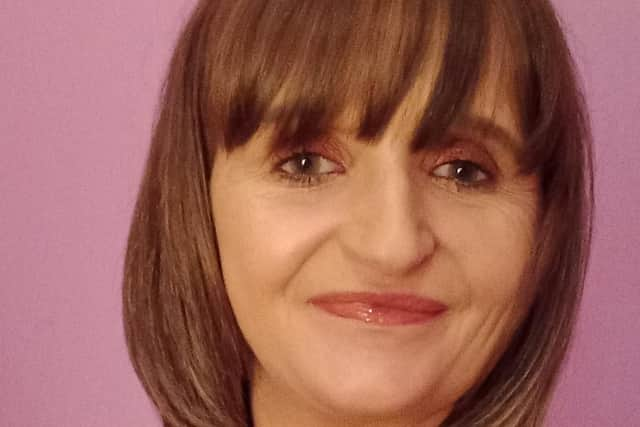Woman who had stroke in early 30s 'told she was too young'
The research highlights the critical role of hope in recovery and the need for more support for stroke survivors, the charity said.
Across the UK, 15 per cent of respondents said they felt their first signs of hope after a month had passed since their stroke.
Advertisement
Hide AdAdvertisement
Hide AdBut one in ten said they have never felt hopeful since their stroke.


Younger stroke survivors reported being more emotionally affected. Of those under 50, 60 per cent said they had never emotionally recovered from their stroke, while this figure is 44 per cent for people over 50.
The survey had 3,500 respondents across the UK, 220 of whom were in Scotland.
Louise Copland, 36, from Glasgow, had a stroke in 2015 and was left unable to walk or talk.
But she made huge progress in rehabilitation, and managed to walk down the aisle at her wedding two months later.
Ms Copland said achieving this goal with the support of her family helped her to feel hope, but without it her condition would have been much more difficult to manage.
She also found being a young stroke survivor, at 31, very challenging.
“It’s bad enough to have a stroke, bad enough to have the effects and have to push yourself to accept your body the way it is now… you’ve got all that to deal with, you don’t need on top of that to have people telling you you’re too young and you don’t qualify for this and that,” she said.
Advertisement
Hide AdAdvertisement
Hide Ad“Hope very much comes and goes in the first year or 18 months, you are getting used to all your new surroundings and having to ask folk to help you to open up stuff or cut stuff up… it’s not surprising that people struggle”.
John Watson Associate Director of the Stroke Association in Scotland, said: “The physical impact of a stroke is severe, but for many, the emotional aspects of coming to terms with having a stroke are just as significant.
"As the research makes clear, finding hope is a crucial part of the recovery process.”
A message from the Editor:
Thank you for reading this article. We're more reliant on your support than ever as the shift in consumer habits brought about by coronavirus impacts our advertisers.
If you haven't already, please consider supporting our trusted, fact-checked journalism by taking out a digital subscription.
Comments
Want to join the conversation? Please or to comment on this article.
